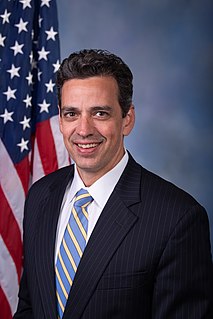A Quote by Douglas B. Reeves
Sustainable change, after all, depends not upon compliance with external mandates or blind adherence to regulation, but rather upon the pursuit of the greater good.
Related Quotes
I became very interested [in philosophy] after attending the U.N. Conference on sustainable development in Brazil.I'm very concerned about climate change and the world reaching a tipping point. And, I see other people who really just want to survive to make it to the next election, rather than making means of change.
Whether happiness or unhappiness, freedom or slavery, in short whether good or evil results from an improved environment depends largely upon how the change has been brought about, upon the methods by which the physical results have been reached, and in what spirit and for what purpose the fruits of that change are used. Because a higher standard of living, a greater productiveness and a command over nature are not good in and of themselves does not mean that we cannot make good of them, that they cannot be a source of inner strength.
My third maxim was to try always to conquer myself rather than fortune, and to change my desires rather than the order of the world, and generally to accustom myself to believing that there is nothing entirely in our power except our thoughts, so that after we have done our best regarding things external to us, everything in which we do not succeed is for us absolutely impossible.



































